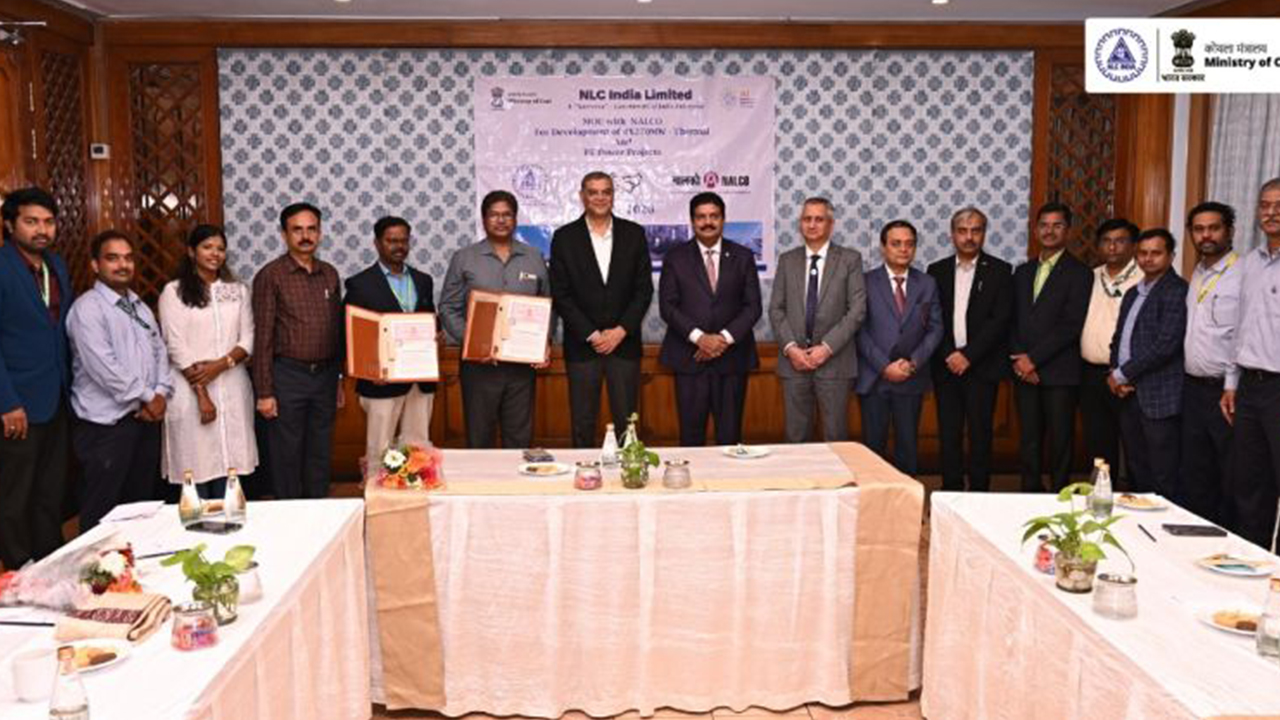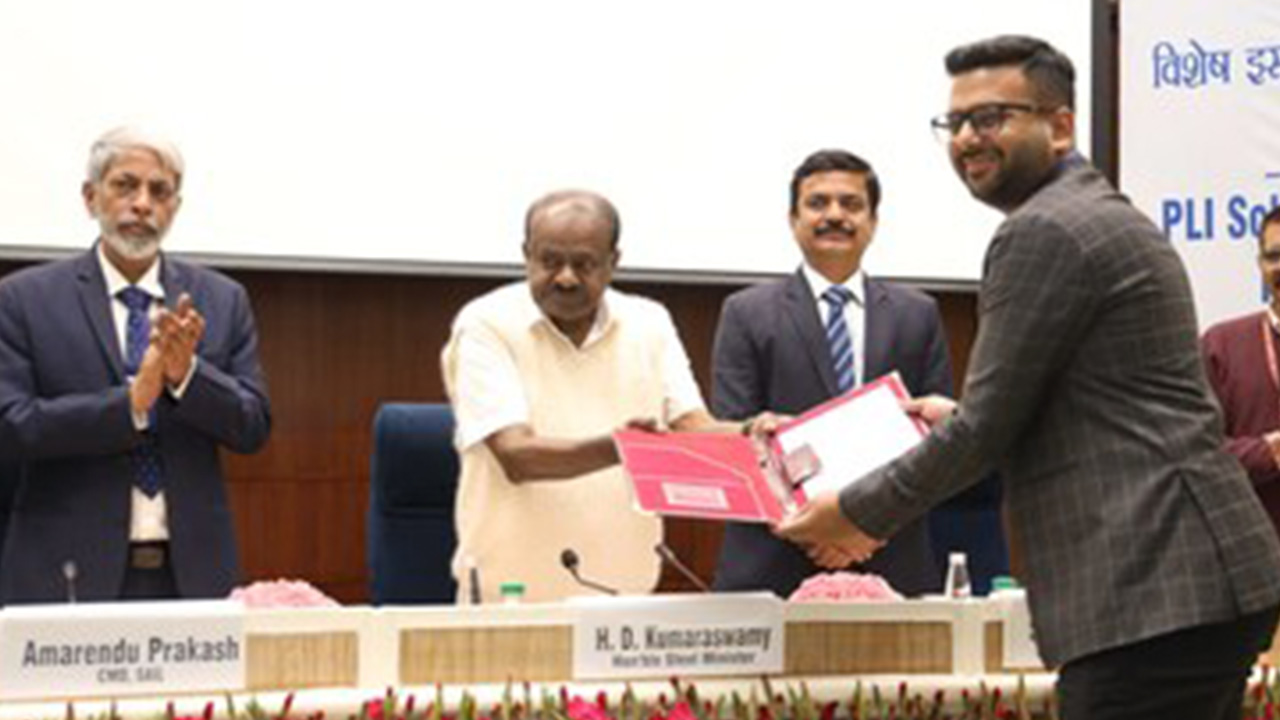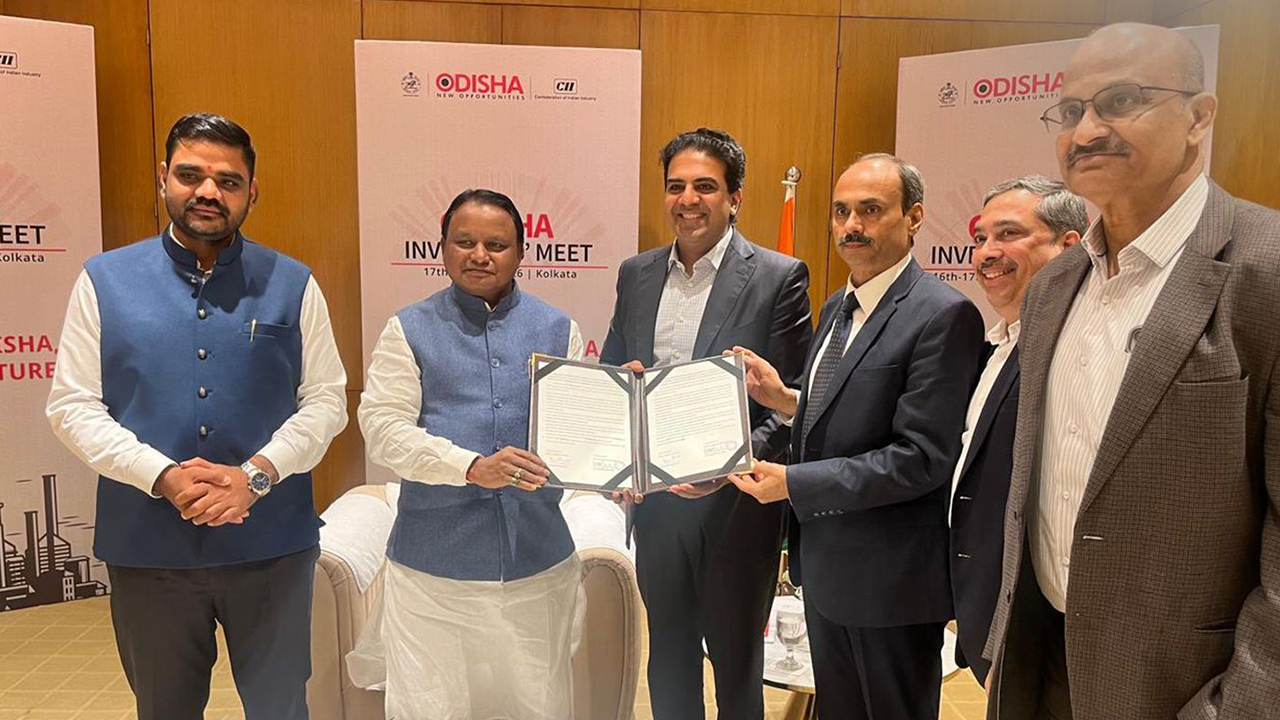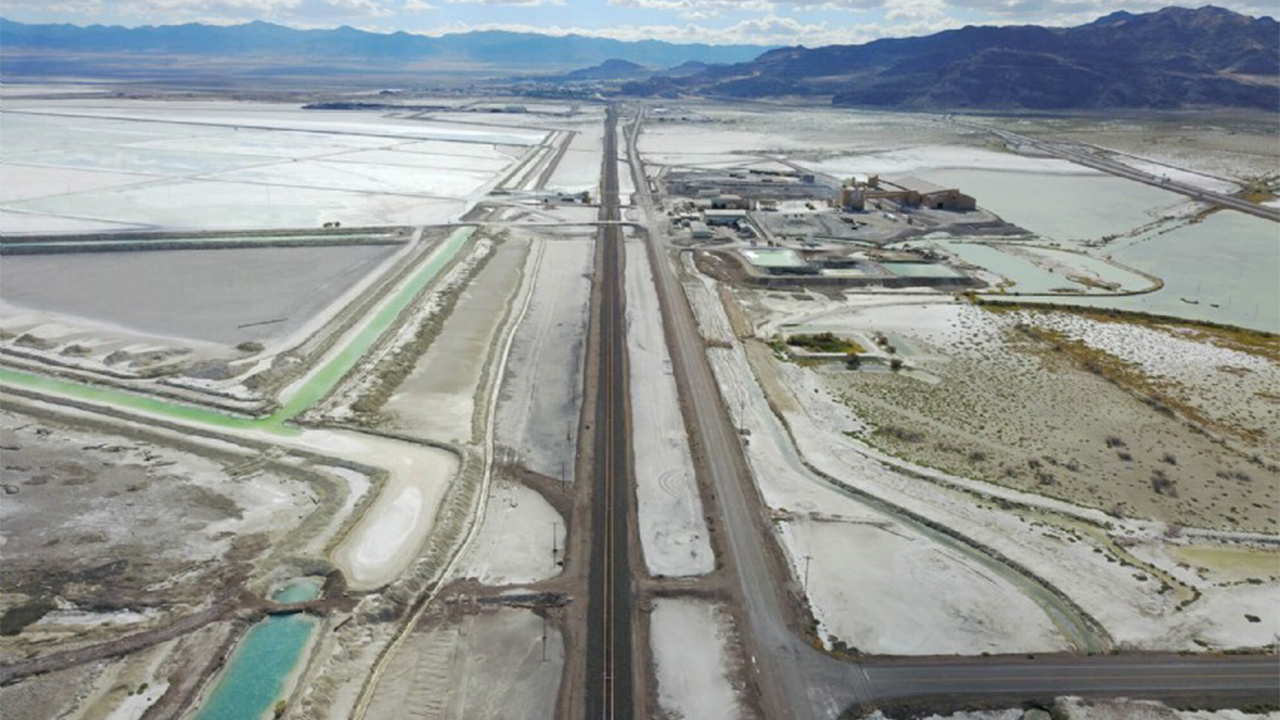Throwing light on the need to adopt Industry 4.0 for smart evolutionary techniques across plant operations in coal mines, thereby averting the challenges and losses incurred in the present day.
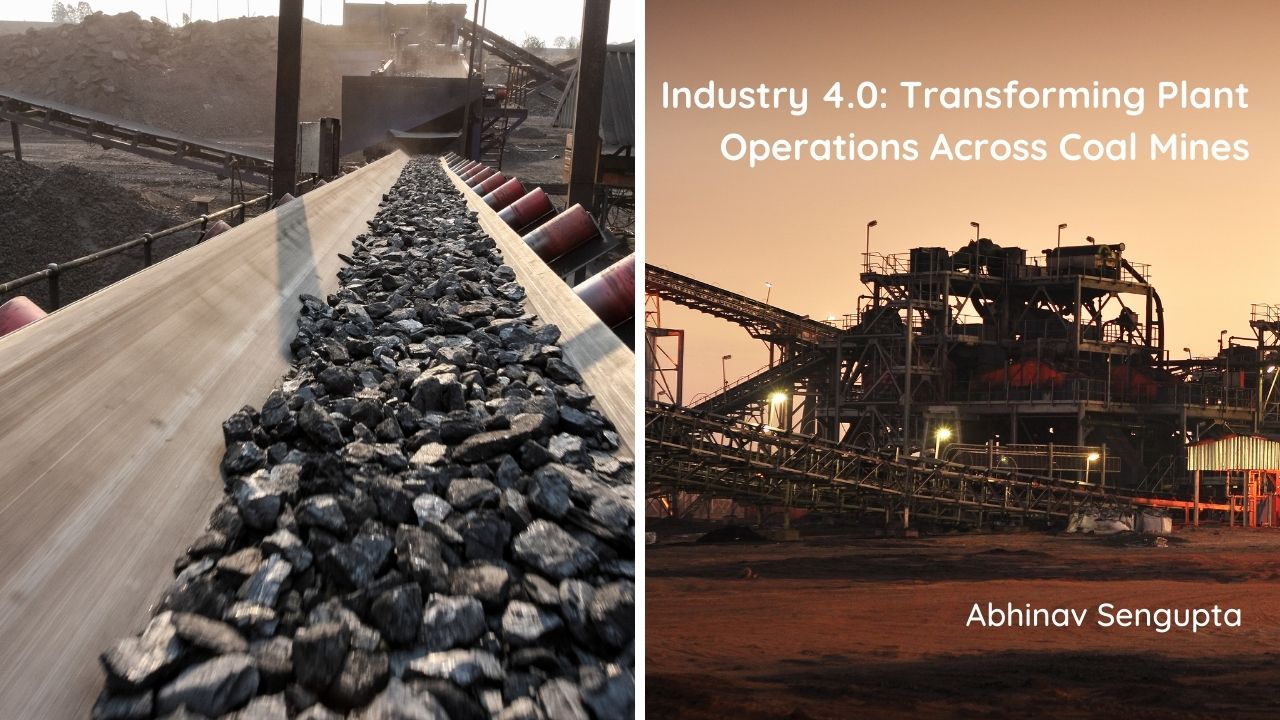
Coal mines in India are one of the most neglected areas in terms of transformation, even after decades of being in existence. With the ongoing talks of transformation for the manufacturing sectors, among others, it is about time coal mines in India go through a major overhaul in terms of processes.
The current process of coal washing involves the run of mine being unloaded into the hopper and fed into the coal washery plant, where coal is sized and cleaned. Further, the coal is categorized into concentrate, middling and rejects. These products are then stacked separately with the help of stacker and reclaimer and water is reclaimed through dewatering. However, this conventional process has a number of key challenges involved:
● Conveyor health monitoring system is lacking
● Realtime coal stack monitoring system is not accurate
● Manual integration of washery data with SAP
● Site level sample analysis is not in practice using any handheld device
● Unable to use and utilize Splunk application due to discrepancy in data
The above mentioned factors further go into creating some key value losses in the process of plant operations:
● Stage wise water balance
● Stage wise material balance
● Stage wise energy balance
● Suboptimal manpower allocation
● Varied throughput rate
The following transformation processes, as a part of the Industry 4.0, can lead to better plant operation practices:
1. Smart Stockpile Management
It provides real-time data on the material handled, enables live data adjustments and optimally supports operators in improving overall plant performance. Acting as a human-machine interface that enables coal stockpiles to be managed smartly and efficiently via a website or SCADA system. The real time 3D stockpile visualization along with optimized PLC level instructions for machine tasks, status monitoring and reporting via task execution manager, the following key benefits are realized:
● It reduces the gap between theoretical and real capacity reduced- with no huge investment
● It improves inventory data on material stocks
● Brings improvement in operational execution
● Simplification of inventory accumulation
2. Plant Maintenance
The imperatives of maintenance management is to maximize the availability, quality, and effectiveness of the plant equipment. The key benefits of an effective plant maintenance system include:
● Asset data collection and processing methods are expected to optimize the allocation of resources for material re-handling functions and strengthen the decision-making processes.
● With remote AR (augmented reality) assistance, maintenance workers oversee the problem from remote locations and assist 0n-site workers in fixing the maintenance issue. Predictive and prescriptive maintenance tools guide the breakdown management.
● Cloud based platforms, powered with data analytics capabilities can enable maintenance professionals to use the data to verify the regulatory compliance and for audit purposes.
In totality, some of the potential benefits of adopting the Industry 4.0 processes in plant operations across coal mines has some key potential benefits like:
1. Real time end-to-end process monitoring
2. Efficient control over processes
3. Cost rationalizations of washed coal
4. Optimum utilization of plant consumables and chemicals
5. Planned maintenance work of plant results in higher plant availability
6. Rationalization of manpower requirement
About Abhinav Sengupta
Abhinav Sengupta, a MBA in Energy & Infrastructure with B.Tech in Mining has over a decade of rich experience in Mining, Energy & Infrastructure sector and has acquired strong industry exposure in areas of Transaction Advisory (Strategic/ Risk/ PPP), Business Valuation, Digitization/IT Integration, Techno-Economic Studies, and Strategic procurement. He is currently working with one of the Big 4 consulting firms.
NEWSLETTER
TRENDING ON PRO MFG
MORE FROM THE SECTION



